Letters starting with “N”
NEWTON
Note: Wikipedia
- Sir Isaac Newton, born 25 December 1642, Woolsthorpe, Lincolnshire, England, died 20 March 1726/7 Kensington, Middlesex, England. Resting place, Westminster Abby. Nationality, English.
- Fields: Physics • Natural philosophy • Mathematics • Astronomy • Alchemy • Economics.
- Institutions: University of Cambridge, Royal Society, Royal Mint. Was an English physicist and mathematician (described in his own day as a “natural philosopher“) who is widely recognized as one of the most influential scientist of all time and a key figure in the scientific revolution. His book Philosophiae Naturalis Principia Mathematica (“Mathematical Principles of Natural Philosophy”), first published in 1687, laid the foundations for classical mechanics. Newton made seminal contributions to optics, and he shares credit with Gottfried Wilhelm Leibniz for the development of calculus. Newton’s Principia formulated the laws of motion and universal gravitation, which dominated scientists’ view of the physical universe for the next three centuries. By deriving Kepler’s laws of planetary motion from his mathematical description of gravity, and then using the same principles to account for the trajectories of comets, the tides, the precession of the equinoxes, and other phenomena, Newton removed the last doubts about the validity of the heliocentric model of the Solar System. This work also demonstrated that the motion of objects on Earth and of celestial bodies could be described by the same principles. His prediction that Earth should be shaped as an oblate spheroid was later vindicated by the measurements of Maupertuis, La Condamine, and others, which helped convince most Continental European scientist of the superiority of Newtonian mechanics over the earlier system of Descartes. Newton built the first practical reflecting telescope and developed a theory of colour based on the observation that a prism decomposes white light into many colours of the visible spectrum. He formulated an empirical law of cooling, studied the speed of sound, and introduced the notion of a Newtonian fluid. In addition to his work on calculus, as a mathematician Newton contributed to the study of power series, generalized the binomial theorem to non-integer exponents, developed a method for approximating the roots of a function, and classified most of the cubic plane curves.
NITROGEN
- [[ Fr nitrogene: so named (1790) by J.A. Chaptal (1756 – 1832), Fr chemist Gr nitron (see NITER) + Fr-gene, – GEN, because niter resulted when it was sparked with oxygen in the presence of caustic potash]] a colorless, tasteless, odorless, gaseous chemical element forming nearly four fifths of the atmosphere: it is a component of all proteins and nucleic acids: symbol, N; at: no., 7: see the periodic table of elements in the Reference Supplement
NOMENCLATURE
- the system or set of names used in a specific branch of learning or activity, as in biology for plants or animals, or for the parts of a particular mechanism
- the act or a system of naming
NUCLEUS
- a thing or part forming the center around which other things or parts are grouped or collected; core
- anything serving as a center of growth or development [the nucleus of a library]
- Anat. a group of nerve cells in the brain or spinal column
- Astron. the bright central part of the head of a comet
- Biol. The central, usually spherical or oval mass of protoplasm present in most plant and animal cells, containing most of the hereditary material and necessary to such functions as growth, reproduction, etc.: see CELL, illus.
- Bot. the central point in a starch grain
- Chem., Physics the central part of an atom, the fundamental particles of which are the proton and Neutron, except for hydrogen, which is usually composed of one proton only: it carries a positive Charge and constitutes almost all of the mass of the atom
- Phonet. the most sonorous portion of a syllable, usually a vowel
- Organic Chem. a fundamental, stable arrangement of atoms that may occur in many compounds by atomic substitution without structural change, as the benzene ring





























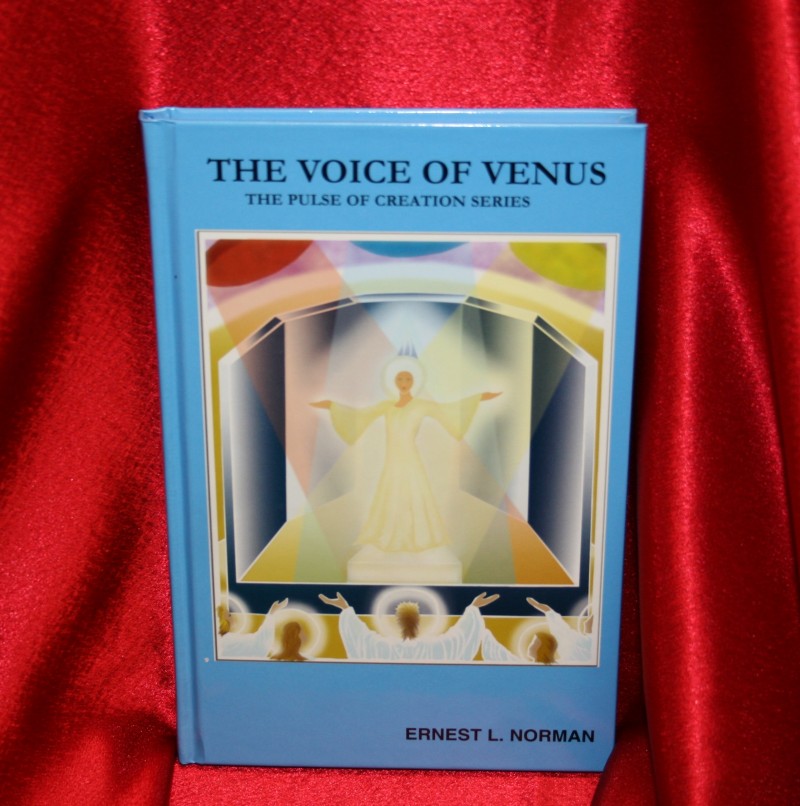

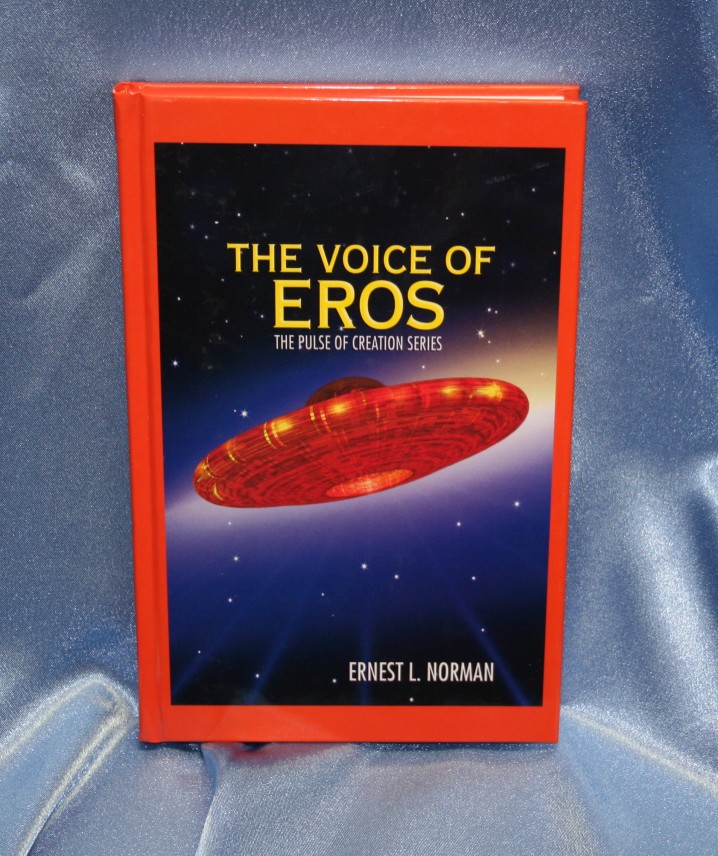
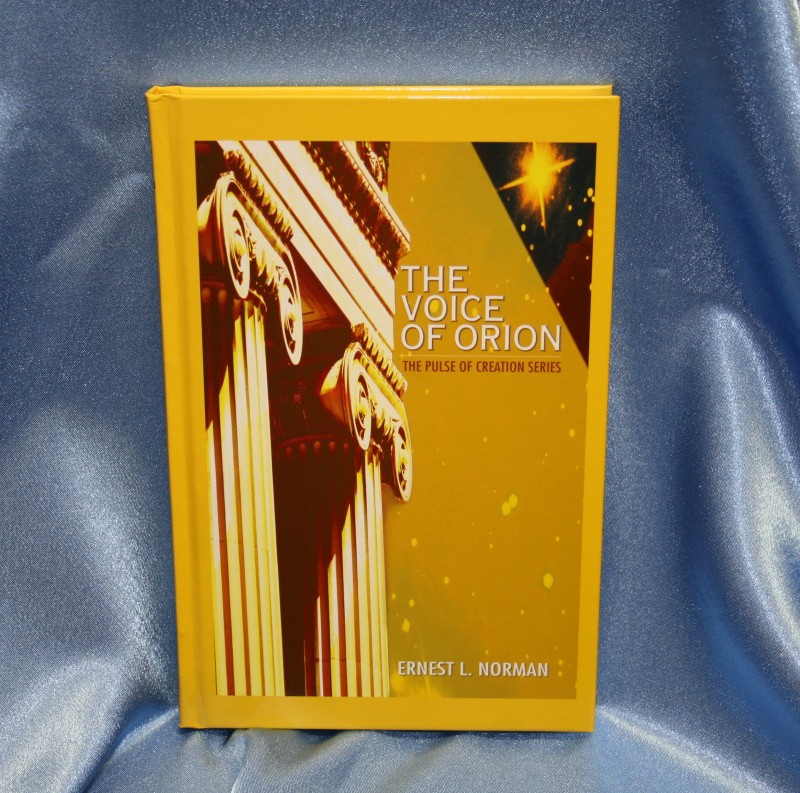
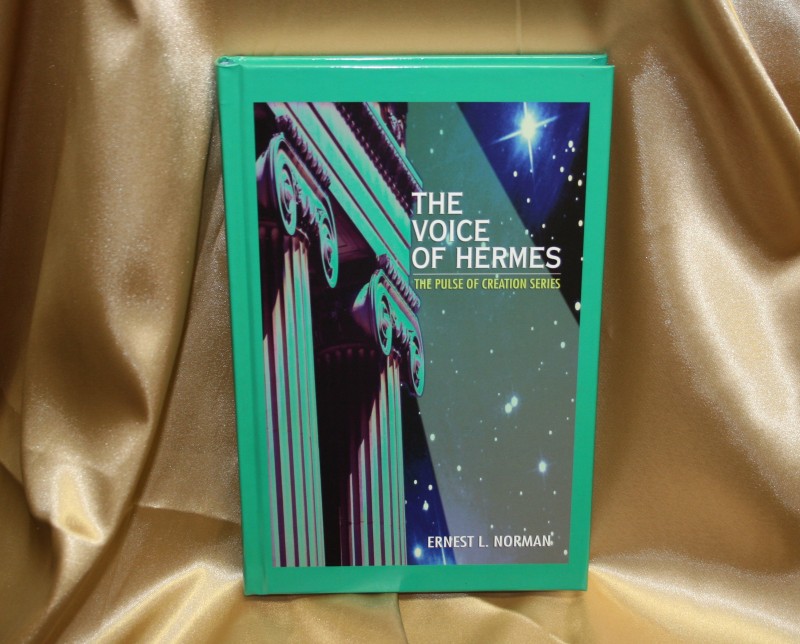
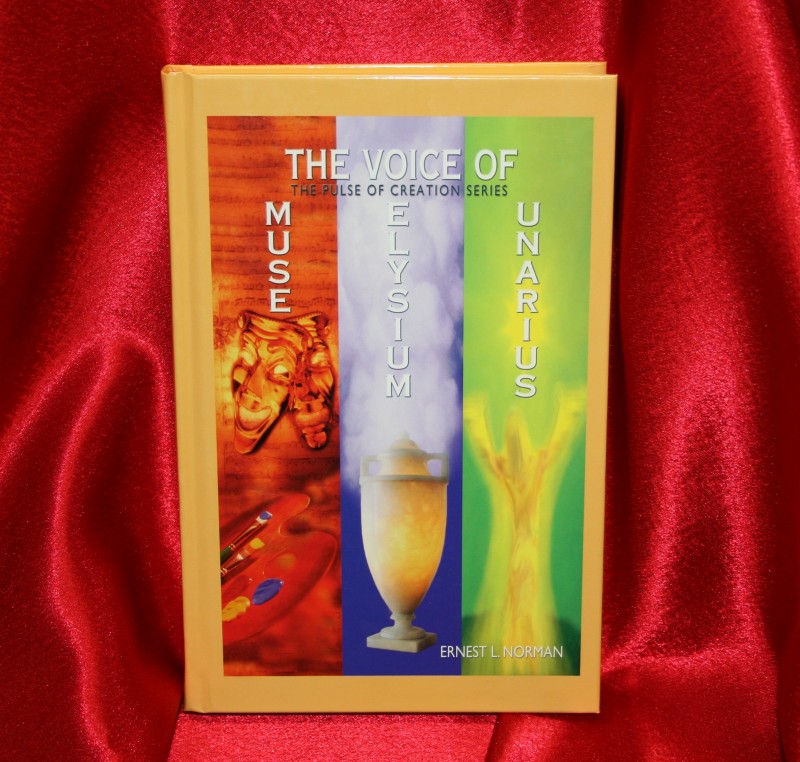
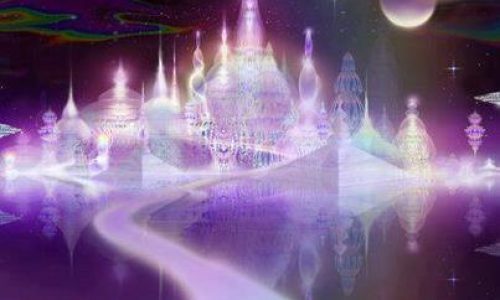



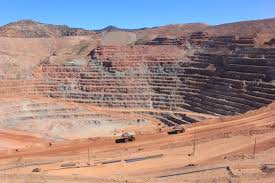











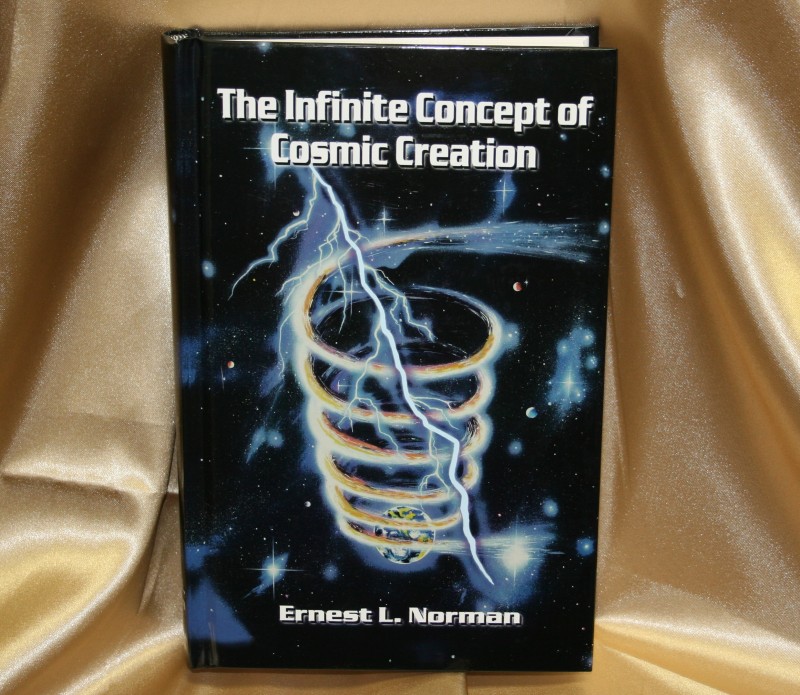
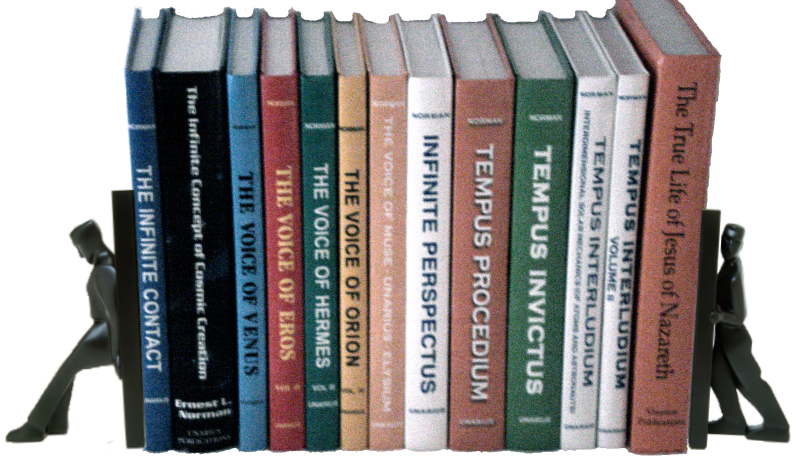

Recent Reflections…